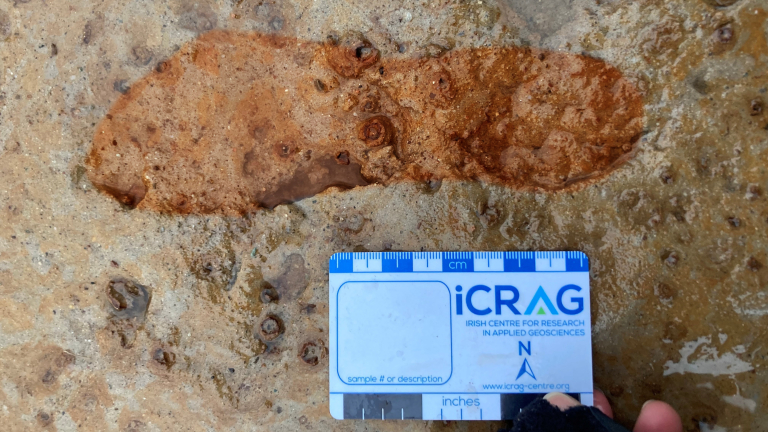Cancer Risk Higher in Families of Women with Early-Onset Breast Cancer
Get the world’s most fascinating discoveries delivered straight to your inbox.
You are now subscribed
Your newsletter sign-up was successful
Want to add more newsletters?

Delivered Daily
Daily Newsletter
Sign up for the latest discoveries, groundbreaking research and fascinating breakthroughs that impact you and the wider world direct to your inbox.

Once a week
Life's Little Mysteries
Feed your curiosity with an exclusive mystery every week, solved with science and delivered direct to your inbox before it's seen anywhere else.

Once a week
How It Works
Sign up to our free science & technology newsletter for your weekly fix of fascinating articles, quick quizzes, amazing images, and more

Delivered daily
Space.com Newsletter
Breaking space news, the latest updates on rocket launches, skywatching events and more!

Once a month
Watch This Space
Sign up to our monthly entertainment newsletter to keep up with all our coverage of the latest sci-fi and space movies, tv shows, games and books.

Once a week
Night Sky This Week
Discover this week's must-see night sky events, moon phases, and stunning astrophotos. Sign up for our skywatching newsletter and explore the universe with us!
Join the club
Get full access to premium articles, exclusive features and a growing list of member rewards.
Having a mother or sister who develops breast cancer before she's 35 may signal a heightened risk of developing cancer for other family members, a new study suggests.
Researchers looked at more than 2,000 parents and siblings of 500 women diagnosed with breast cancer before the age of 35. Five times as many fathers and brothers of early-onset breast cancer patients developed prostate cancer than fathers and brothers of healthy women, the study said.
Twice as many mothers and sisters developed ovarian cancer , and four times as many developed breast cancer than mothers and sisters of healthy women.
"This observation allows us to identify families where this new genetic syndrome might be operating," said study researcher John Hopper, research director of the Centre for Molecular, Environmental, Genetic and Analytic Epidemiology at the University of Melbourne in Australia.
The researchers also found three times as many family members developed brain cancer, eight times as many developed lung cancer and four times as many developed cancer of the urinary tract, compared with family members of healthy women, according to the study.
Even when families with the BRCA1 and BRCA2 genes which are associated with breast cancer and ovarian cancer were excluded from the results, family members were still at increased risk for the breast, prostate, lung, urinary tract and brain cancers.This means the finding may point the way to genes not yet known to be associated with cancer, Hopper said.
The findings are similar to those of a 2003 study in the Journal of the National Cancer Institute, which found that the female family members of women with early-onset breast cancer had a higher risk of also developing breast cancer than women with healthy family members.
Get the world’s most fascinating discoveries delivered straight to your inbox.
Though environmental factors may have played a role, they probably didn't have a large effect on the development of cancer in these families, because the 20- and 30-year-old women in the study had already moved out of their parents' homes, Hopper told MyHealthNewsDaily.
The findings highlight the importance of knowing about your family's cancer history, and consulting a doctor about your individual cancer risks , he said.
Breast cancer risk increases with age. In the United States, women between ages 30 and 39 have a 1 in 233 chance of developing the cancer. But in women ages 40 to 49, that risk increases to 1 in 69. For women between ages 60 and 69, the chance of developing breast cancer is 1 in 27, according to the National Cancer Institute.
Next, researchers hope to look at the family cancer risks associated with women who have later-onset breast cancer. They also would like to discover the genes that could be responsible for early-onset breast cancer, Hopper said.
The study was published Sept. 29 in the British Journal of Cancer.
 Live Science Plus
Live Science Plus











